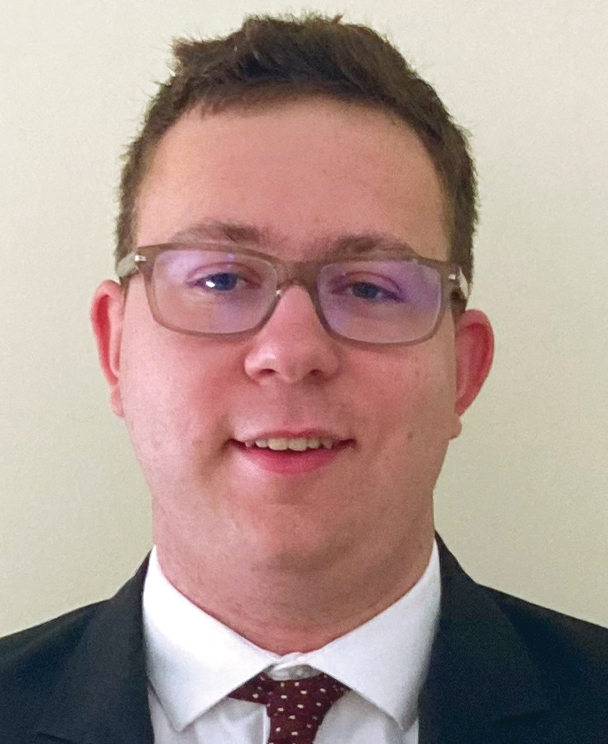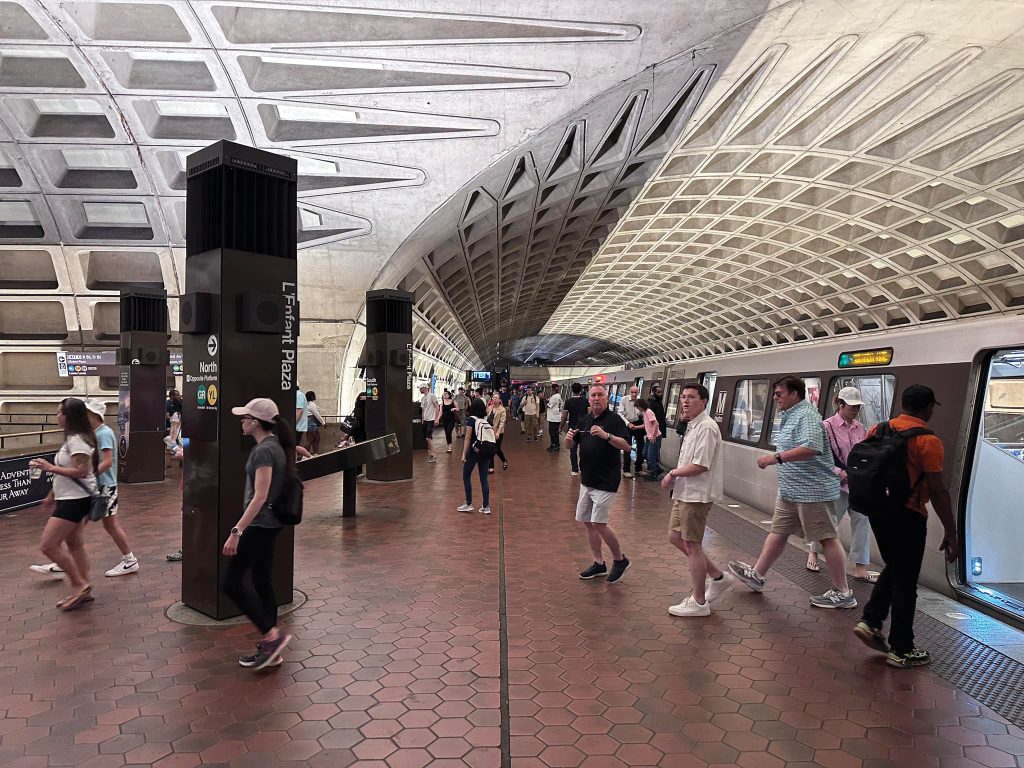Developing Policy to Reflect the True Value of Public Transportation
9/24/2025
Here is the winning essay in the American Public Transportation Foundation’s (APTF) Donald C. Hyde Memorial Essay contest. Elijah Fischer is pursuing a B.A. in Transportation Planning at Hofstra University in Hempstead, NY, and is the recipient of the 2025 Donald C. Hyde Memorial Essay Scholarship.

Since I was very young, I have been fascinated with trains. Growing up in the Washington, DC, metro area, I used the WMATA system extensively. I am always amazed by how a properly planned transit system can elevate a community and change it for the better. However, the fact that many public transit systems in the U.S. are in a sorry state has saddened me. I was inspired by these feelings to go into the field of public transportation planning.
I have always been interested in public transit from a policy, rather than engineering or technical perspective. I am earning a public policy degree at Hofstra University just outside New York City, with the goal of pursuing a masters in transportation planning. At Hofstra, students are afforded the opportunity to design their own concentrations within the field of public policy. My concentration is centered around public transportation. I am studying how political forces can impact the development—or lack—of public transit. It is my goal to use classes in Geography, GIS, Economics, Political Science, and Sustainability Studies to prepare me for my future career.
I want to use my education in public policy to advocate for the expansion and improvement of transit systems throughout the country. In addition to advocating for more funding, I want to help agencies optimize and manage their existing resources. I plan to use my intense drive for progress, along with concrete skills from my education, to become a top advocate for improved public transportation. When I begin working with a transit agency, I intend to collaborate with local and state governments to show real progress in exchange for improved support. Public transit is immensely important to combat climate change and to improve our cities, and I hope to be a part of this change.
I have done numerous things in my college life to prepare me for this career. In the classroom, I have written papers on topics such as Penn Station and congestion pricing. I plan to write an undergraduate thesis comparing various European and U.S. transit systems, which will draw upon a study abroad experience I undertook in Summer 2024.
Outside of the classroom, I work with the Effective Transit Alliance of New York in my capacity as a Hofstra Center for Civic Engagement Fellow, in hopes of improving the state of NYC’s transit system.

I acknowledge that there is no such thing as perfect public transit, but it is a fact that many cities in other countries have transit systems in better shape. In my future career, I hope to advocate to import the best foreign practices to the domestic realm. New York could learn a lot from cities such as London, Paris, Tokyo, and Madrid. Similarly, smaller cities could learn from places like Barcelona, Lyon, Nuremburg, and Rotterdam, to name a few that I have visited. It is my goal to analyze these foreign transit systems and propose systematic changes the U.S. could make in my undergraduate thesis.
I also hope to use these findings to influence my future career in transportation planning and advocacy. With the impending climate crisis, public transit improvement is essential in dealing with the number of journeys that will take place in the future.
While riding public transit, I have noted the increasingly complex yet hopeful potential for improvement. While large investments such as new rail lines are important projects for all cities, smaller projects such as signal improvements, increased accessibility, and modern technology usage are equally, if not more important to the overall public transit quality of a locality.
It is my life goal to live without ever owning a car, just like one of my personal heroes Andy Byford. It is discouraging how little of the United States allows for this type of living, but I will work to increase the number of places where this is possible. Like Mr. Byford, I strive to be someone who uses and is intimately familiar with the public transit system I work with. In my studies, I have noted that public transit agencies notably improve when their leaders utilize the systems they manage. Mr. Byford is one such example, and I hope to manage the public transit system I work with just like he did, by using the system and listening to the concerns of the passengers.
With the help of the APTF scholarship, I will be able to finish my undergraduate degree and use the connections gained to launch my career in public transit policy.
Learn more about APTF at www.aptfd.org.